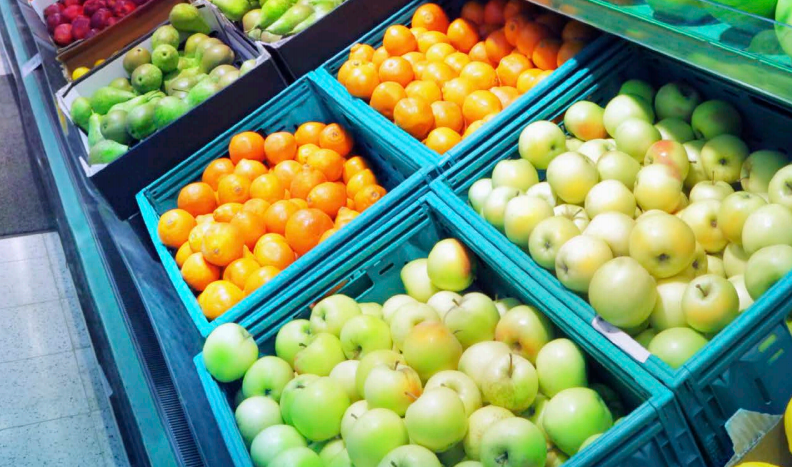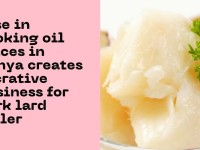Growing awareness of the value of healthy eating is good news for anyone interested in starting a small fruits shop, whether you grow the fruits yourself or not. You only need to set up shop in a good location and stock it with exotic fruits like apples, peach, grapes, kiwi fruit, strawberries, oranges and bananas.
The difference between exotic fruits and the fruits that are available in our markets is that the exotic ones are high-grade import quality. They come packaged in cartons and are generally appealing to the eye as they don’t have blemishes. One major benefit of dealing with exotic fruits as opposed to any other category of fruits is that they tend to fetch better profit margins and they sell fast.
Small Fruits Shop Business Idea in Kenya
You Have 3 Options
There are three ways to get these fruits although only one option happens to be the easiest for a beginner.
Option 1: Start a farm, grow the fruits and sell them off. This is a rather expensive and time consuming process although it generally has the best long-term returns.
Option 2: Import the fruits from other countries in the region like South Africa (there is a company called Dutoit that supply to Kenya and other African countries). This option is also rather expensive as it requires one to have the capacity to order large quantities. Its advantage is that it offers better returns particularly in the short-run.
Option 3: Purchase from wholesalers and re-sell to your market. This is the cheapest and most feasible option for a small investor. You can get started with as little as Ksh5,000. On the flipside, though, there is intense competition and one has to really think outside the box in order to operate profitably.
Getting Started
The method you choose to start with depends on the amount of money you have to spare. If you are starting out on a really tight budget, then you only need to hawk your fruits on the streets or market them on Facebook or Whatsapp and deliver door-to-door to your customers. If you have a small car, then you can start by setting up a car boot sale whereby you use your car’s boot to sell o the streets. If you have some more cents to spare and you prefer to operate from a permanent location then you can start a fully-fledged shop preferably located on a street with high foot traffic.
Where to Get the Fruits
A good place to be ordering your fruits on a wholesale price is at Nakumatt Highridge which is located in Parklands, Nairobi. Once you arrive in town you can board matatu number 11A at Koja Mosque Round-about.
The wholesale shop normally open from 4.00am to 7.30am (Mon to Sat) meaning you have to be an early bird to take full advantage of this window of opportunity. Most of what is sold in this early hour is sold in bulk i.e. in cartons.
The table below shows you wholesale prices versus retail prices (i.e. prices you can sell your fruits at and still make profit.)
| Fruit | Wholesale | Retail |
|---|---|---|
| Grapes | Ksh180 (Punet) | Ksh500 (Punet) |
| Kiwi Fruit | Ksh50 | Ksh100 |
| Apples | Ksh17 | Ksh30 |
| Oranges | Ksh18 | Ksh30 |
| Bananas | Ksh6 | Ksh10 |
Note that the prices listed above may change as factors of the market change from time to time. A carton of apples goes for around Ksh3,400…meaning to start with a capital of Ksh5,000 it would be best to start with one carton of apples and a few oranges and bananas. No license is required if you are going to operate on a freelance basis. But if you are going to open a permanent shop then you’ll be required to pay for a single business permit (charges for this license vary from one county to the next).
Challenges
- Business is susceptible to cut-throat competition especially in high density commercial areas
- One has to wake up at wee hours of the night to get the best deals
- Those in upcountry settings far away from the capital may have to arrange their travel in advance
Final Word
The idea of buying exotic fruits on wholesale and re-selling them in piecemeal is one of the simplest retail business options available. Best of all, the business is highly scalable meaning that you can start as a hawker and end up as an exporter particularly if you are willing to think big. You can even purchase the fruits to create juice or even salad (that’s called value addition). In other words, this can be a stepping stone or a stumbling block – it all depends with how you implement it.



















